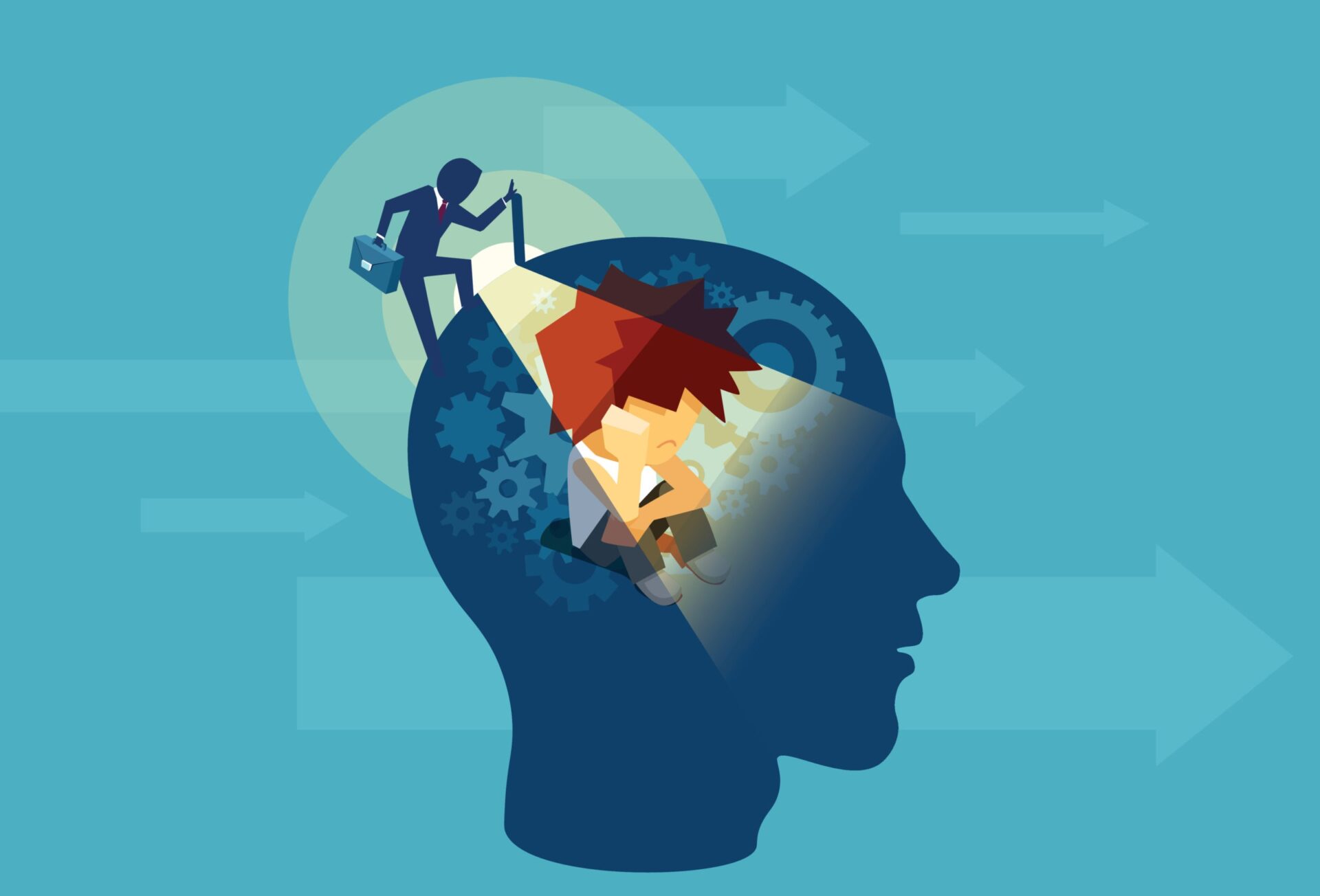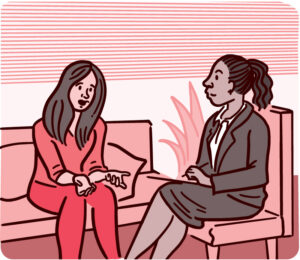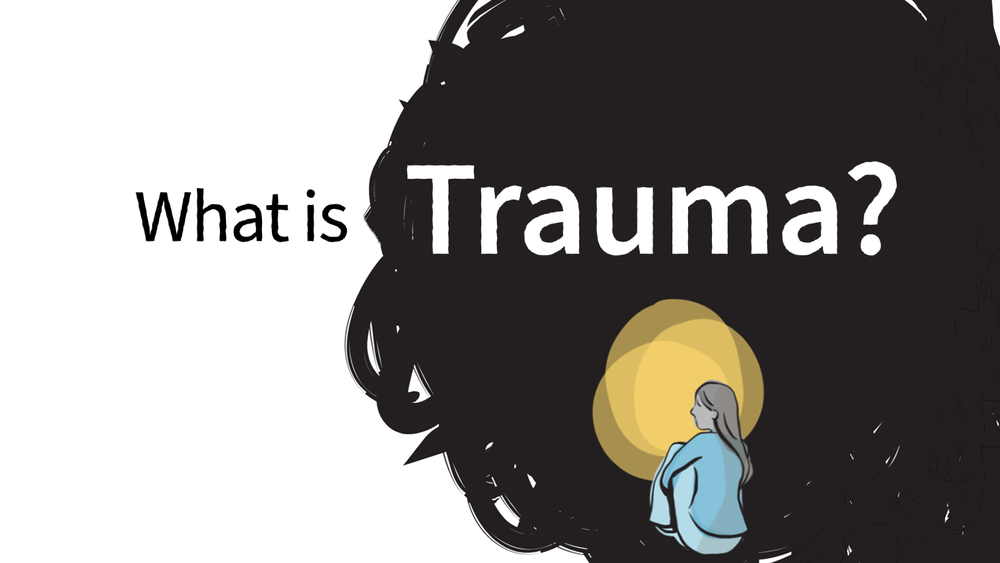Trauma is an emotional response to a distressing or life-threatening event. It can be caused by a variety of things, such as accidents, natural disasters, violence, or abuse. Traumatic experiences can leave people feeling scared, alone, and helpless. If you have experienced trauma, it is important to seek help in order to recover. In this blog post, we will discuss what trauma is and how to get help for recovery.
Contents
What Is Trauma?
 Trauma is a very personal experience. It is different for everyone. Some people may experience physical pain, while others may feel emotional pain. Trauma can also cause problems with thoughts, memories, and feelings.
Trauma is a very personal experience. It is different for everyone. Some people may experience physical pain, while others may feel emotional pain. Trauma can also cause problems with thoughts, memories, and feelings.
There are many reasons why someone may be suffering from the effects of trauma. There can also be many signs that someone has experienced trauma.
Also, there can be many impacts of trauma on someone’s life. It is important to understand these impacts and how to deal with them.
Signs of Trauma
There are many signs that someone has experienced trauma. Some of these signs include:
- reoccurring nightmares or flashbacks of the traumatic event
- avoiding anything that is associated with the traumatic event
- feeling constantly on edge, irritable, or angry
- feeling numb or disconnected from others
- difficulty concentrating or remembering things
- physical symptoms such as headaches, stomach problems, or dizziness
Possible Reasons For Trauma
 There are many possible reasons why someone may experience trauma. Some of these reasons include:
There are many possible reasons why someone may experience trauma. Some of these reasons include:
- experiencing or witnessing a violent event
- being physically or sexually abused
- having a loved one die suddenly
- being in a natural disaster
- being in a car accident
Impacts of Trauma on Someone

There are many negative impacts of trauma on someone that is suffering from it. Some of these impacts can include:
Anger
Anger is one of the main impacts of trauma. It can be directed at oneself, others, or the situation that caused the trauma. This anger can be very destructive and lead to problems in relationships, work, and other areas of life.
Shame
Shame is another main impact of trauma. It is a feeling that one is defective or bad as a person. Shame can lead to hiding from others, low self-esteem, and depression. Sometimes there are also feelings of guilt associated with the trauma.
Fear
One of the main impacts of trauma is fear. This fear can be related to anything that is associated with a traumatic event. It can be a fear of people, places, things, or situations. This fear can make it difficult to do things that were once enjoyed and lead to isolation.
Depression
Depression is a very common impact of trauma. It is a feeling of sadness and hopelessness that lasts for a long time. Depression can cause problems with sleep, eating, and concentration. It can also lead to thoughts of suicide.
Guilt
Guilt is another feeling that often accompanies shame. This is feeling responsible for something bad that happened. This guilt can be very damaging and cause problems in relationships and self-esteem.
Physical Problems
Sometimes when you experience trauma, you may also experience physical problems. These can include headaches, stomachaches, chest pain, and more.
How to Deal with Trauma?
 There are many ways that people try to cope with the effects of trauma. Some people may try to ignore what happened or push it away. Others may turn to alcohol or drugs in an attempt to forget. Some people may find that they are not able to do things that they used to do before the trauma occurred. They may feel like they are stuck in a bad place. This can be very frustrating and overwhelming.
There are many ways that people try to cope with the effects of trauma. Some people may try to ignore what happened or push it away. Others may turn to alcohol or drugs in an attempt to forget. Some people may find that they are not able to do things that they used to do before the trauma occurred. They may feel like they are stuck in a bad place. This can be very frustrating and overwhelming.
It is important to remember that there is help available. There are also many ways through which you can deal with it.
Talk About Trauma To Someone
You should talk to someone about trauma if you are feeling like you can’t cope. It can be really helpful to talk to someone who understands what you are going through. You can also find support groups for people who have gone through similar experiences. There are also counselors who can help.
Find Activities That Make You Happy
It is really important to find activities that make you happy and help you relax. This can be something as simple as reading, going for walks, or listening to music. These activities can help you feel better about yourself and help you cope with the trauma. There are also some things like yoga and meditation that can be really helpful.
Seek Professional Help
If you are feeling like you can’t cope with the trauma, then you should seek professional help. A therapist can help you understand and deal with the effects of the trauma. There is also medication available if needed.
Remember That It Is Not Your Fault
One of the hardest things to deal with after trauma is the feeling that it was your fault. You may feel like you could have done something to stop it from happening. Remember that it is not your fault and there was nothing that you could have done. It also may give you a feeling of control to know that the trauma was not your fault.
Give Yourself Some Time
You should always give yourself some time to heal after trauma. It takes time and there is no set time frame. You should take things at your own pace and do what feels right for you. There is no wrong or right way to deal with trauma. You can also make changes as you go along. You can also find new ways to cope as time goes on.
Conclusion
Trauma can be defined as an event or experience that is emotionally painful and overwhelming, leaving behind long-lasting effects. It can cause shock, disrupt your life, and make you feel like you’re not in control. Trauma can also lead to physical symptoms, such as chest pain, headaches, and stomach problems.
If you’ve experienced trauma, it’s important to seek help from a therapist or counselor who can provide support and guidance. Treatment for trauma often includes talking about the traumatic event(s), learning how to manage your emotions, and practicing self-care. There are also several helpful resources available online and in bookstores.
A Word From Therapy Mantra
Your mental health — Your psychological, emotional, and social well-being — has an impact on every aspect of your life. Positive mental health essentially allows you to effectively deal with life’s everyday challenges.
At TherapyMantra, we have a team of therapists who provide affordable online therapy to assist you with issues such as depression, anxiety, stress, workplace Issues, addiction, relationship, OCD, LGBTQ, and PTSD. You can book a free therapy or download our free Android or iOS app.


